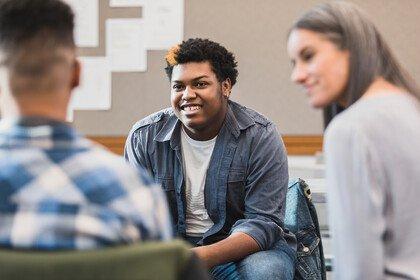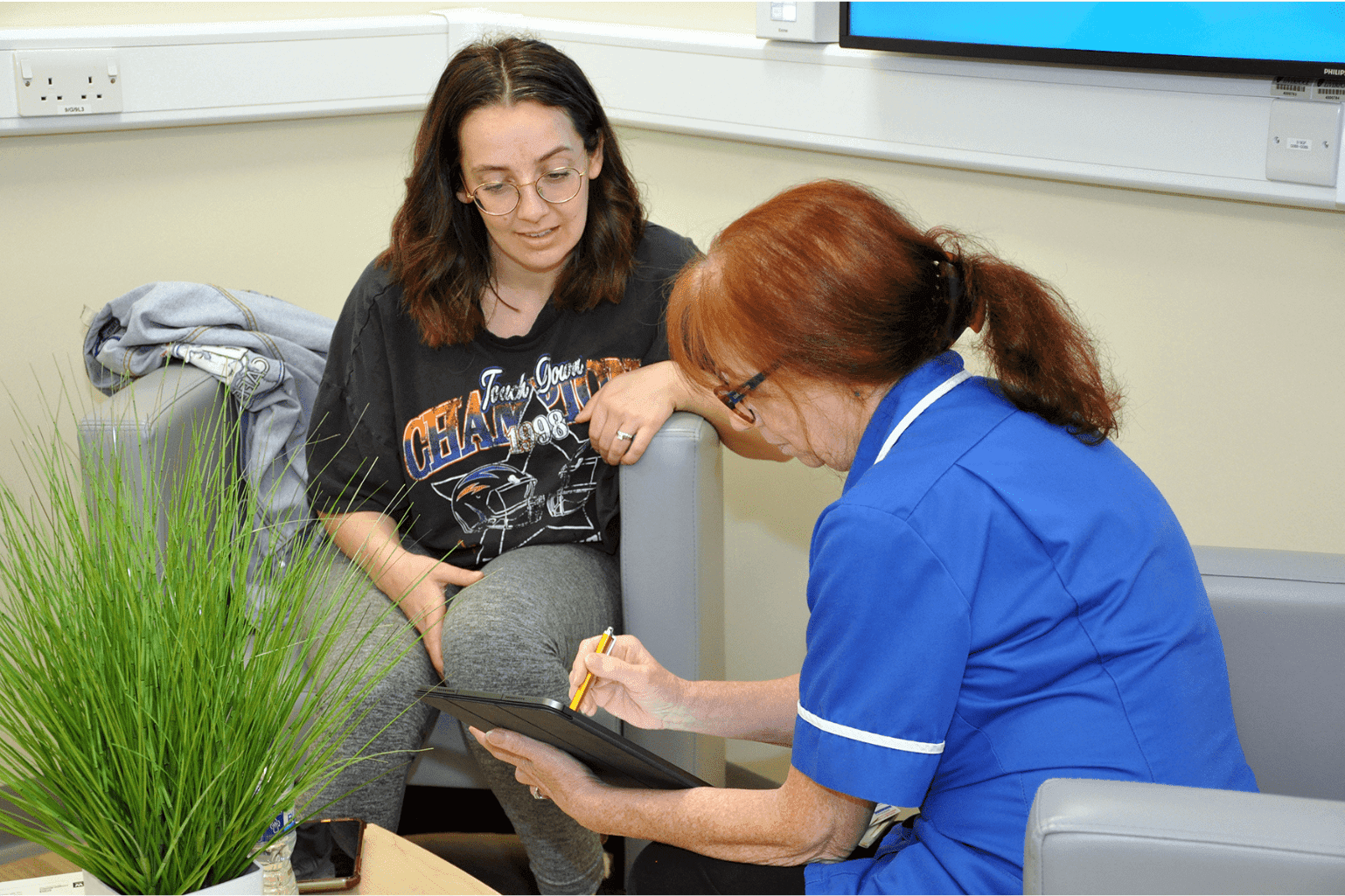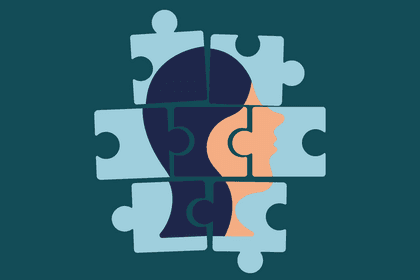
Longitudinal birth cohort studies follow a group of children from birth or earlier to adulthood and are a powerful tool to understand the factors that influence health over time.
The Children Growing Up in Liverpool (C-GULL) study, launched in May 2023 and supported by Wellcome’s Discovery Research and Mental Health programmes, is the first new biomedical birth cohort study in the UK in 17 years.
With over 10,000 children and their families taking part, it's one of the largest studies of its kind in the country. By investigating how genetic, environmental and societal factors can impact health from early life to adulthood, this project seeks to answer important questions and unlock new insights into human health.
What is the C-GULL study?
Led by Professor Louise Kenny and her team at the University of Liverpool, C-GULL will track the health of 10,000 first-born babies and their families in Liverpool from early pregnancy to adulthood.
Researchers will collect data at various stages on different aspects of their health, social circumstances (like income, education and housing), and environmental exposures (like noise and air pollution). They will also use innovative health technologies to collect real-time health data, such as wearable devices to track physical activity and sleep patterns, and mobile applications to monitor diet and mental health status.
The project is a partnership between Wellcome, the University of Liverpool, Liverpool City Region Combined Authority, Liverpool City Council, the Liverpool Women's NHS Foundation Trust and NIHR Clinical Research Network North West Coast. It will also involve collaboration with University College London, the Wellcome Sanger Institute and the University of Manitoba.
Making health inequalities visible
People living in deprivation face a higher risk of health issues, including mental health problems, obesity and diabetes. Despite this, these groups are often underrepresented in research studies.
Without accurate health data that represents people from all backgrounds, especially those at highest risk, we cannot intervene early or appropriately, which could lead to longer-term and more serious issues. That’s what the C-GULL study aims to change.
The project will focus on the Liverpool City Region, where nearly half of the population, including two-thirds of children, live in the most deprived neighbourhoods in the UK. Access to healthcare and support services in this area is also particularly challenging.
By working closely with local communities, the team aims to better understand the impact of these challenges on the health of children and their families over time. They will involve families in every stage of the research process to ensure it is appropriate and responsive to local needs.
This provides a unique opportunity to assess the relationship between health and deprivation on a large scale, creating the opportunity for better and more responsive interventions in Liverpool and similar regions throughout the UK and beyond.
Understanding the relationship between gut health and mental health
Research has suggested a possible connection between gut health and mental health in adults, but little is known about gut health in childhood and its impact on mental health in later life.
The C-GULL study aims to address this gap through a sub-project called 'Microbes, Milk, Mental Health and Me' (4M), supported by an additional £6.9 million in funding from Wellcome.
By investigating the gut microbiome – the collection of microorganisms living in the digestive tract – from prenatal development onwards, the research team will gain insight into how it affects child brain development, behaviour, emotions and potential mental health problems.
The team will collect biosamples from 7000 mothers and their babies up to two years old, providing the largest and most detailed dataset on microbiome development in the UK to date.
This unique archive will be a valuable asset to the field of mental health internationally and could help unlock groundbreaking insights into the relationship between gut health, breastmilk and mental wellbeing, and inform new and improved interventions for children and their families.
What's next for C-GULL?
The C-GULL study is currently underway, and the research team is recruiting families and children to take part.
This study is an example of how science could lead to meaningful and actionable discoveries to improve the lives of communities, especially those facing significant challenges in accessing healthcare and support services. By partnering with key stakeholders and involving families and communities in the research process, the project highlights the power of collaboration in achieving positive outcomes.
The project also offers Wellcome the opportunity to support the national data infrastructure, and we’re looking forward to working with the team and partners to see what important insights it uncovers.
Find out more about our Discovery Research Awards and Mental Health funding opportunities.



